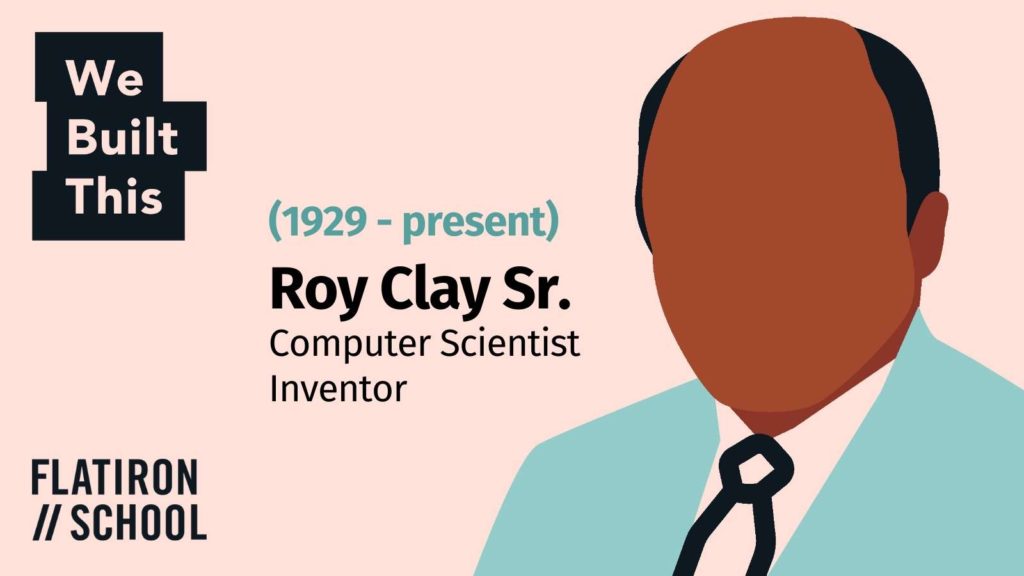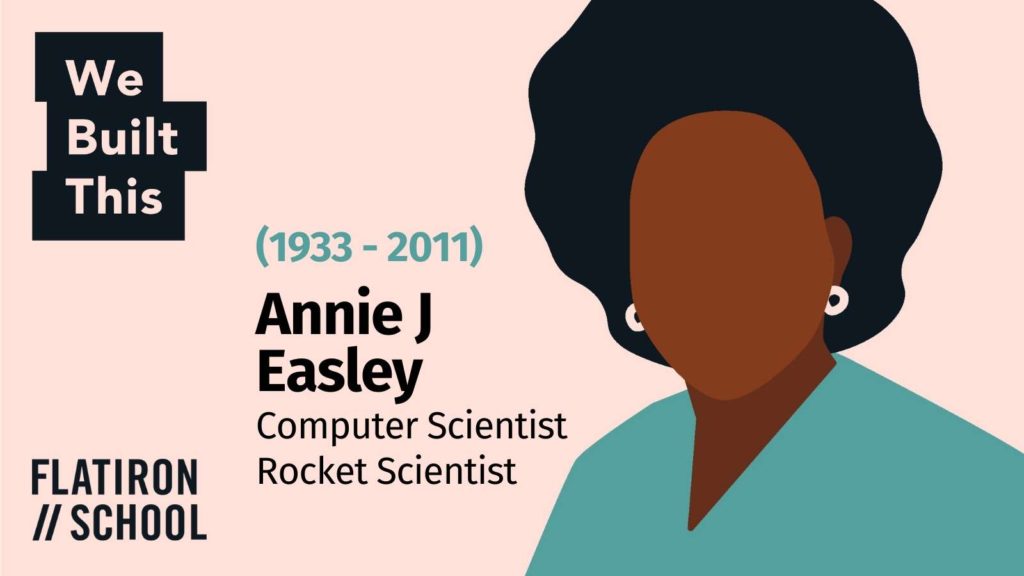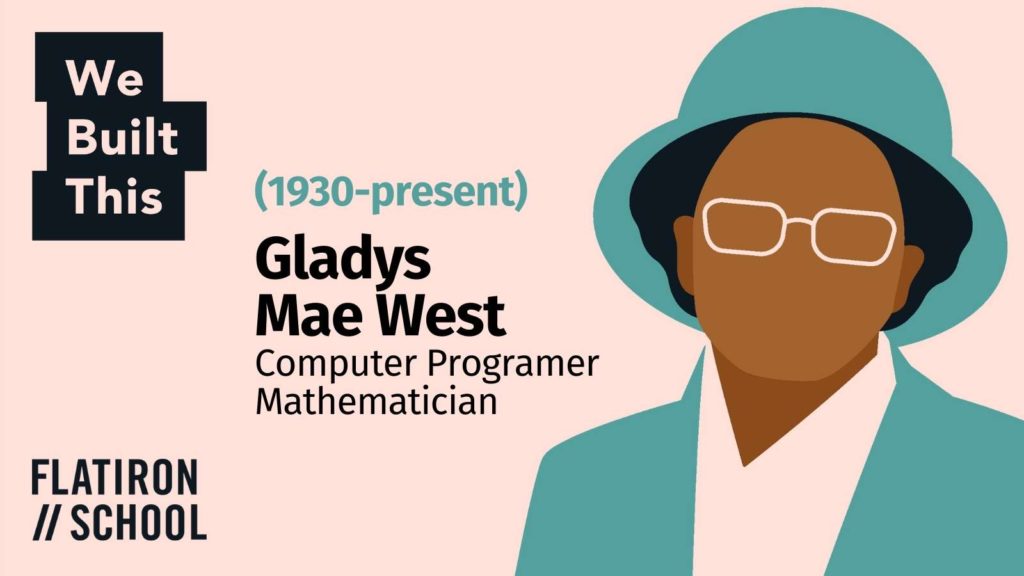Not too long ago, being a Black American in tech meant beating the odds. But, as we celebrate Black History Month, we look to the individuals who contributed to innovations that have shaped today’s tech industry.
These brave individuals overcame the inequality of the industry at that time and paved the way for more diversity in tech.
3 Black innovators in the history of software engineering:

Roy Clay Sr. (1929 – present)
Roy Clay, Sr. is known as the Godfather of Silicon Valley. But, despite growing up in a home with no indoor plumbing, he defied his origins and became one of the first Black men to attend Saint Louis University in. Shortly after graduation, he started working with computers (when they were still the size of an entire building), where his job was writing software that demonstrated how particles of radiation could spread through the atmosphere after an atomic explosion. Clay helped set up Hewlett Packar’s computer development business, and continued to be on the forefront of the emerging computer industry, earning him the name Godfather of Silicon Valley.

Annie J Easley (1933 – 2011)
Annie Easley started her career in 1955 as a “human computer” – doing calculations and solving problems by hand. When machine computers came along, Easley adapted with technology and became a computer programmer for NASA. She is known for creating code that was used in energy-conversion systems, including the code that developed battery technology that was eventually used for hybrid vehicles. During her career, she became an equal opportunity (EEO) counselor, helping to make a difference with diversity in her workplace.

Gladys Mae West (1930 – present)
Gladys Mae West is an American mathematician who did computing for the Air Force before the electronic era. She helped program an IBM computer to create highly accurate models of Earth, which became the software that we now know as GPS. She is also known for her contributions to a project to establish the motion of planet Pluto in relation to Neptune, after which she continued to contribute to calculations for satellite orbits, literally making her mark on our universe.
Why diversity & inclusion matters at Flatiron School
Like these Black innovators in software engineering history, we believe that any individual who is willing to work hard should have access to life-changing career courses, no matter their background.
At Flatiron School, diversity and inclusion matters because we believe that, in tech, meaningful things are created when people from diverse backgrounds work together.
If you’re interested in a career in software engineering, try a free coding lesson — it’s the first step towards your new career in tech and more opportunities to build your future.




